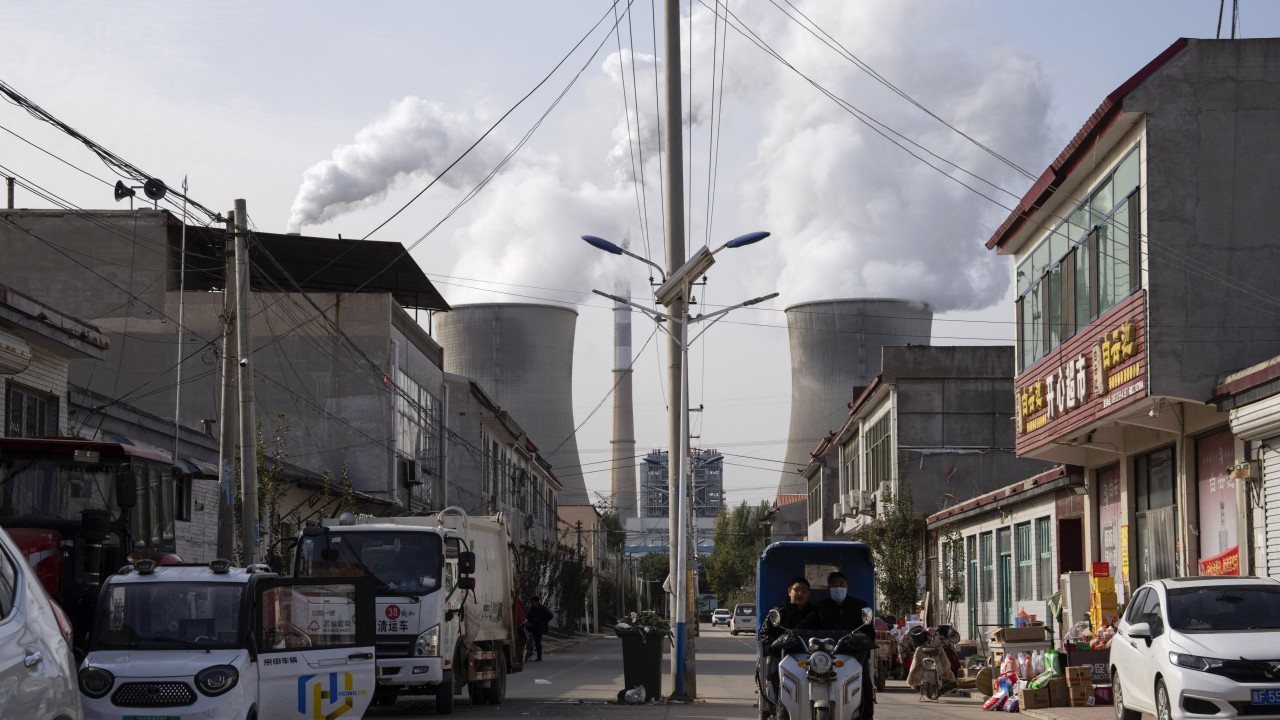
Experts are more confident about China’s carbon reduction progress and outlook than last year, according to a joint survey published on Tuesday by the Centre for Research on Energy and Clean Air (CREA) and the International Society for Energy Transition Studies. About 89 participants from various institutes and industries specialising in energy, the environment and climate change were interviewed for the survey.
More than 70 per cent of the surveyed experts believe that China can achieve its goal of peaking carbon emissions before 2030, while 21 per cent believe that China will peak emissions before 2025 or that they have already peaked, an increase from last year’s percentage in both cases, according to the survey.
While Covid-19 had a multifaceted impact on China’s energy sector, more than half of the surveyed experts agree that the post-pandemic economic situation would accelerate the energy transition, driven by increased renewable energy adoption and decreased carbon emissions, the survey said.
The survey also found that a growing number of experts are optimistic about an early carbon peak for China’s primary energy consumption, as well as the steel, cement and transport sectors before 2030, or even 2025.
“While optimism surrounds experts’ views on China’s potential to peak carbon emissions by 2030, the challenges of reducing peaks and attaining long-term carbon-neutrality goals demand recognition,” said Qiu Chengcheng, an analyst at CREA.
China’s derailed carbon reduction goals to get back on track in 2024: report
China’s derailed carbon reduction goals to get back on track in 2024: report
Despite the positive outlook for China’s carbon peaking timeline, experts remain concerned about how high the peak emissions would reach compared to previous levels. According to the survey, more than half of the experts forecast that the peak levels will be at least 15 per cent higher than China’s emissions in 2020.
The experts are also divided in their opinion on when the emissions from the country’s power sector would peak, with 30 per cent of the experts expecting the sector to peak emissions after 2030, an increase from 19 per cent last year. This is especially driven by the increased uncertainty about China’s coal consumption peaking, as Beijing has rapidly expanded coal power production over the past year, citing energy security concerns.
“Essentially, all of China’s carbon-dioxide emissions growth has come from the power sector in the past years,” said Lauri Myllyvirta, the lead analyst at CREA. “When emissions from their electricity use are excluded, emissions from industry and buildings have fallen faster than emissions from transport have increased.
China unveils 100-city green pilot programme to realise net-zero ambitions
China unveils 100-city green pilot programme to realise net-zero ambitions
“This means that the most important way to peak emissions, or at least limit emissions increases, is to maintain the impressive growth in clean electricity generation.”

